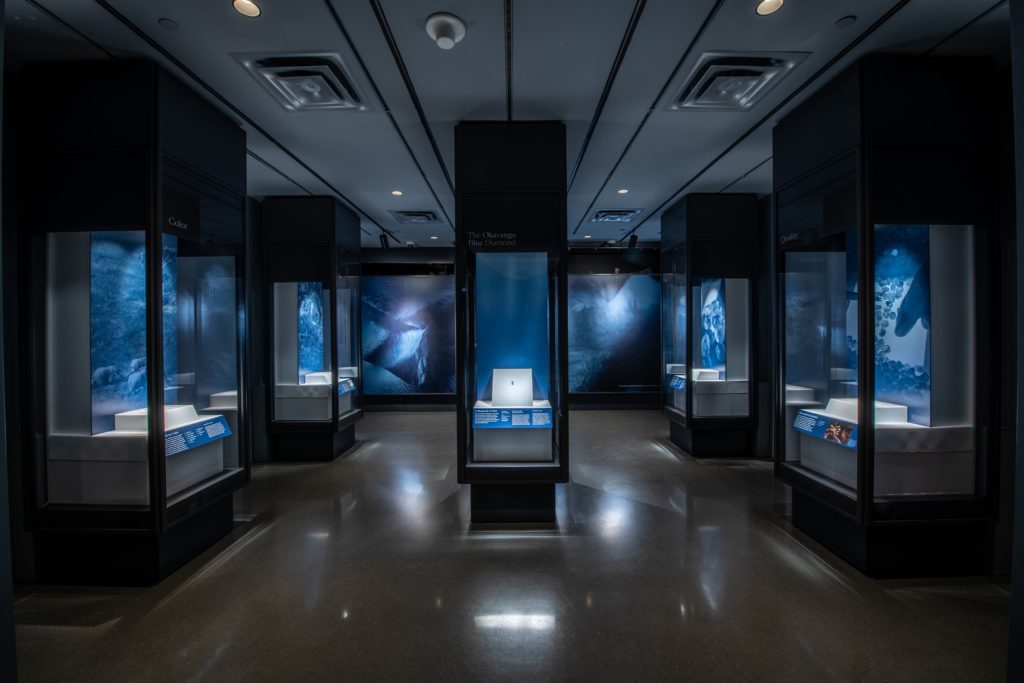Botswana’s ODC halts diamond sales as industry seeks to reduce glut

Botswana’s state-owned Okavango Diamond Company (ODC) has temporarily halted its rough stone sales as part of an industry-wide drive to reduce the glut of inventory caused by lower global demand for jewelry, its managing director Mmetla Masire said on Tuesday.
ODC, which reported a record $1.1 billion in revenue in 2022, holds 10 auctions a year to sell its 25% allocation of production from Debswana Diamond Company, a joint venture between Anglo American’s De Beers and Botswana, in terms of the partners’ gem sales agreement.
Debswana produced about 24 million carats last year, with ODC getting an allocation of about 6 million carats.
The company has cancelled its November auction and a decision on the December sale is still to be made as the industry battles slowing demand for cut and polished diamonds in the US and China, Masire said.
“For the first time, we have had to build up inventory as we do not want to just irresponsibly release goods into a market which is already oversupplied,” Masire said in an interview. “For now, we have stopped the auctions, we will decide on the December auction.”
Last month, trade bodies in India, which cuts and polishes 90% of the world’s rough diamonds, urged members to halt rough diamond imports for two months to manage supplies and aid prices due to weak demand.
In August, De Beers said it would allow its customers to defer some of their purchases for the rest of the year.
As part of a new agreement between De Beers and Botswana, ODC’s allocation is set to rise to 7 million carats. Masire said the company was working on introducing contract sales, a model that De Beers uses to sell 90 % of its supply, among other new sales channels.
“We are still to decide on what percentage of our allocation will be sold through contract sales to complement our auctions,” Masire said. “We are likely to have two-year sales contracts and we are looking at going into partnership with only a limited number of buyers so that we can better serve them.”
(By Brian Benza; Editing by Nelson Banya and Bill Berkrot)
More News
{{ commodity.name }}
{{ post.title }}
{{ post.date }}




Comments